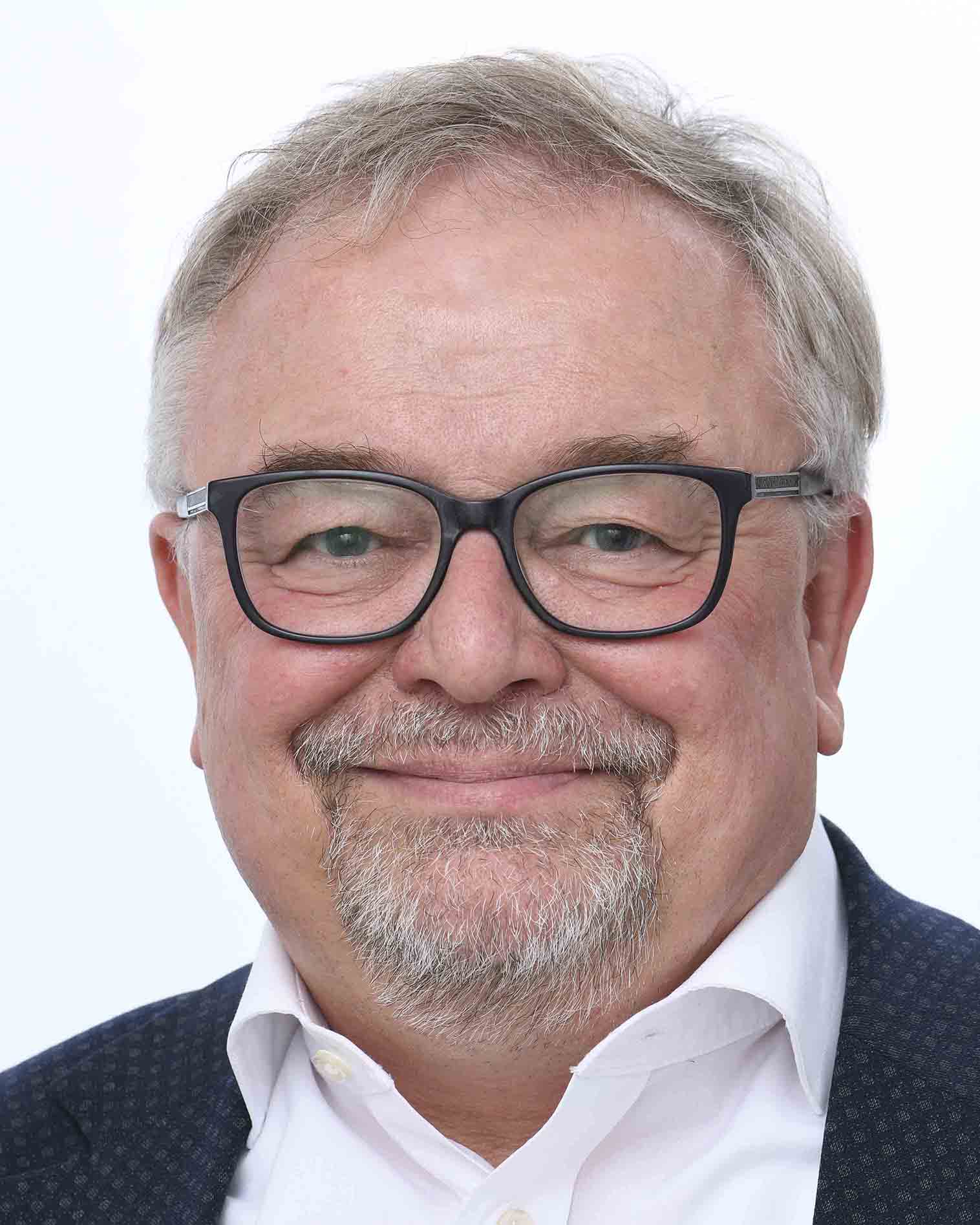
Choisissez la langue de votre document :
- bg - български
- es - español
- cs - čeština
- da - dansk
- de - Deutsch
- et - eesti keel
- el - ελληνικά
- en - English
- fr - français
- ga - Gaeilge
- hr - hrvatski
- it - italiano
- lv - latviešu valoda
- lt - lietuvių kalba
- hu - magyar
- mt - Malti
- nl - Nederlands
- pl - polski
- pt - português
- ro - română
- sk - slovenčina
- sl - slovenščina
- fi - suomi
- sv - svenska
|
| Postup : 2016/2047(BUD) |
| Stadia projednávání dokumentu : A8-0287/2016 | ||||||
Předložené texty : A8-0287/2016 | Rozpravy : PV 25/10/2016 - 13CRE 25/10/2016 - 13 | Hlasování : PV 26/10/2016 - 6.2CRE 26/10/2016 - 6.2 Vysvětlení hlasování | Přijaté texty : P8_TA(2016)0411 | |||
| Doslovný záznam ze zasedání | |
| Úterý, 25. října 2016 - Štrasburk | Revidované vydání |
|
| Právní upozornění - Ochrana soukromí |



























































